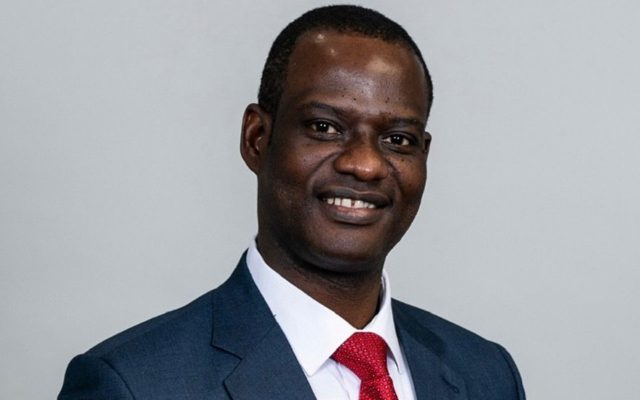The Chairman of the Presidential Fiscal Policy and Tax Reforms Committee (FPTRC), Mr Taiwo Oyedele, has revealed that under Nigeria’s new tax reforms, only the top three per cent of informal sector operators are financially capable
of paying taxes, while the remaining 97 per cent have been legally exempted from taxation.
Oyedele made this known on Monday during the PwC Executive Summit on Nigeria’s Tax Reform, held in Lagos, themed “The New Tax Era: What Nigeria’s Tax Reform Means to Individuals and Businesses.”
He explained that the reforms are designed to promote equity and protect low-income earners, noting that individuals earning below N800,000 annually are now exempt from personal income tax.
According to Oyedele, this progressive move is aimed at reducing the tax burden on Nigeria’s economically vulnerable populations while enhancing compliance among those with higher earnings.
“From our analysis, it is only the top three percent of the informal sector that has the ability to pay. Therefore, in these reforms, we have legally exempted the bottom 97 percent from paying taxes. Let them breathe. When they grow, they will have the capacity to pay,” Oyedele said.
He also noted that tax evasion would no longer go unchecked, warning that individuals or companies that understate their earnings to avoid tax obligations would be identified and penalised.
The tax reform culminated in the signing of four new tax bills by President Bola Tinubu on June 26, 2025. The laws will take effect on January 1, 2026.
Oyedele emphasised that the reformed tax framework introduces a more progressive structure in line with global standards, where wealthier individuals and businesses contribute more to public revenue than those at the bottom of the income ladder.
He also pointed out that across the globe, one percent of the population pays more in taxes than the remaining 99 percent, a reality that underscores the need for equity-driven policy.
The tax reform effort, which has culminated in the signing of four new tax bills by President Bola Tinubu on June 26, 2025, aims to streamline tax collection, improve compliance, and support economic growth. The laws will take effect on January 1, 2026.







